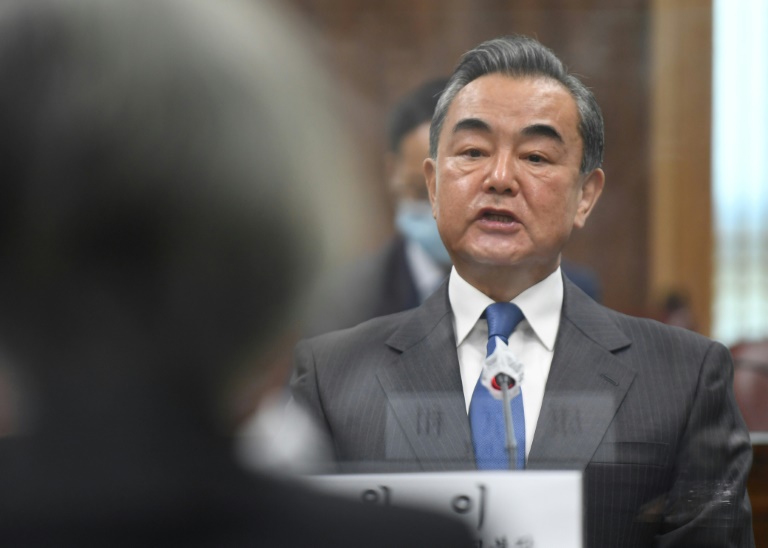China has challenged the US to fix relations with Beijing in order to make progress on climate change, the foreign ministry said Thursday, with Washington’s climate envoy visiting to press the world’s top polluter to slash emissions.
Tensions between China and the United States have soared in recent months with the two sides trading barbs on Beijing’s human rights record and its initial handling of the coronavirus.
Tackling climate change is among a handful of issues where the two sides had struck notes of harmony.
But Beijing has in recent months emphasised that environmental cooperation could be hurt by deteriorating Sino-US relations.
Wang on Wednesday told US climate envoy John Kerry during a China visit that climate cooperation could not be disentangled from broader diplomacy between the two countries.
In a video call from separate rooms with Kerry, Wang accused Washington of a “major strategic miscalculation towards China”, according to the ministry statement.
“It is impossible for China-US climate cooperation to be elevated above the overall environment of China-US relations,” Wang said.
Kerry, who visited Japan earlier this week before travelling to meet with his Chinese counterpart in Tianjin, said China “plays a super critical role” in tackling climate change, according to footage of the call published by state broadcaster CCTV.
“I think the challenge is as big as any that we face on a global basis,” Kerry told Wang.
But Wang said on Wednesday that “the ball is now in the United States’ court, and the US should stop seeing China as a threat and opponent.”
The US envoy has repeatedly urged China, the world’s largest polluter, to step up its efforts to reduce carbon emissions, calling on Beijing during the earlier Japan leg of his trip to “fulfil the responsibility appropriate to their status.”
China is the world’s current largest emitter of carbon dioxide, followed by the US, which has historically emitted more than any other country to date.
While China has promised to reach peak carbon emissions by 2030 and become carbon neutral by 2060, the country continues to be heavily dependent on coal, which fuels nearly 60 percent of its energy consumption.









